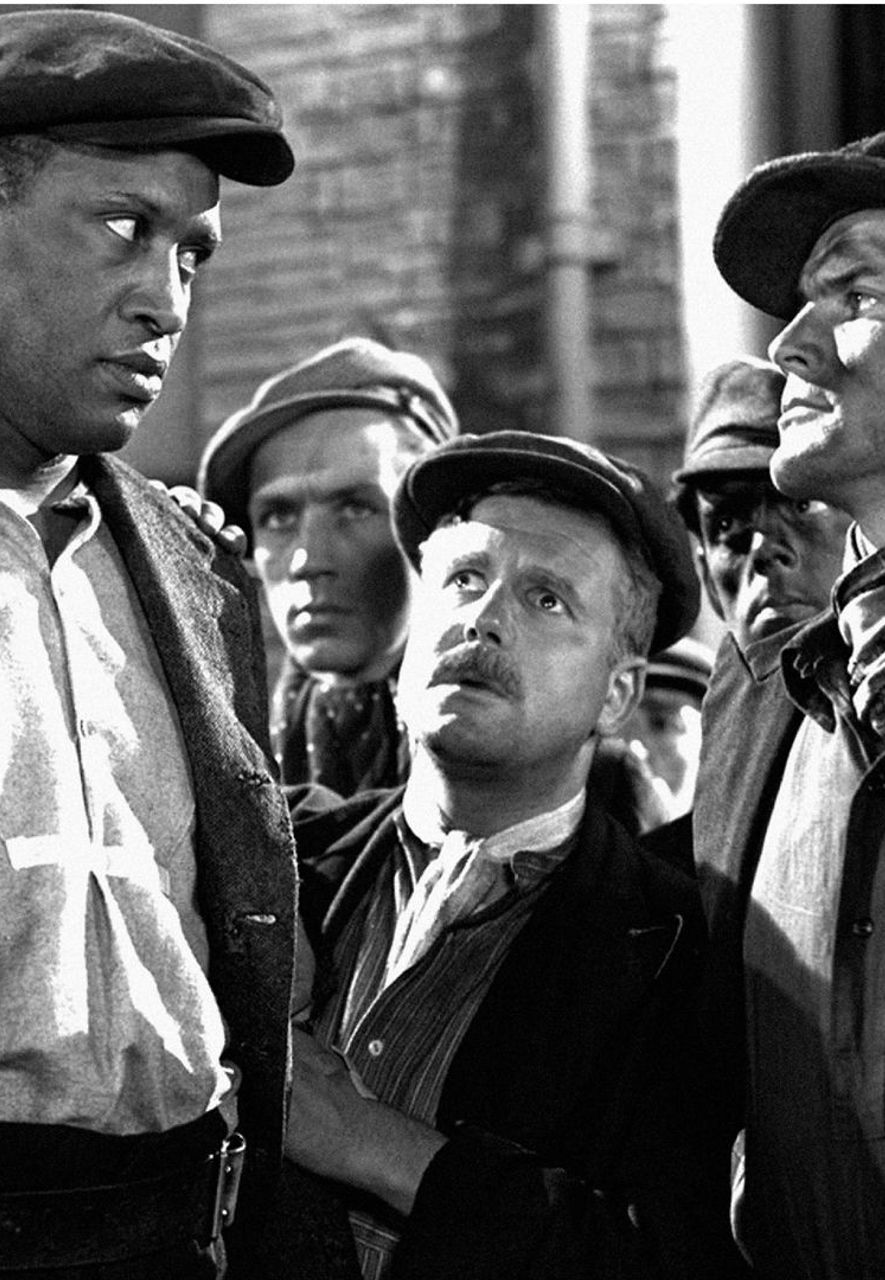Above and beyond the details of the plot, however, what I find singularly inspiring about Mississippi Masala is that it’s a Western film, set in the countryside, that focuses almost entirely on people of colour and, unlike The Proud Valley, is not concerned with how those characters fit into white culture. It’s refreshing to see a whole film where complex issues of cultural identity and race are explored, yet without ever being viewed through white eyes.
A French village comedy-drama
However, a third favourite countryside drama of mine, Bienvenue a Marly-Gomont (The African Doctor), is more akin to The Proud Valley in that it is concerned with the plight of immigrants in a rural white area, and their struggle to fit in and integrate with prejudiced locals.
Like The Proud Valley, the 2016 French film is based on the experiences of a real-life figure: Seyolo Zantoko, the father of the rapper and film’s co-writer Kamini, who moved with his wife and children to the north-eastern French village of Marly-Gomont in the 1970s. But unlike Robeson’s ultimately tragic story, this, tonally, is a feel-good film, set in a location which is easy on the eye, that shows in a comedic way how a family can adjust to rural France, while initially resistant villagers can also change. Watching Zantoko (Marc Zinga) conquer his environment by slowly gaining the trust of his community is a soothing experience for someone like me who has contended with a provincial life marked by hate.
The African Doctor is a celebration of immigrant life and shows how a foreign family can enrich a community as well as offering its children a better life. Its mixture of drama and comedy to explore cultural differences – Zantoko’s wife Anne initially thinks she is moving to cosmopolitan Paris, and so has a rude awakening – is done with a soft touch; and while it shows that France has deep-rooted issues with racism, it also strives to suggest that prejudice is not unconquerable.
The only way minorities will feel safe in the countryside is for more people to acknowledge the racism that exists there. In the meantime, though, the inner strength that I gain from watching these films, fantasies though they may be, makes me hope that one day I can visit that castle again, and appreciate its beauty, without being haunted about what went on before.
Love film and TV? Join BBC Culture Film and TV Club on Facebook, a community for cinephiles all over the world.
If you would like to comment on this story or anything else you have seen on BBC Culture, head over to our Facebook page or message us on Twitter.
And if you liked this story, sign up for the weekly bbc.com features newsletter, called The Essential List. A handpicked selection of stories from BBC Future, Culture, Worklife and Travel, delivered to your inbox every Friday.





